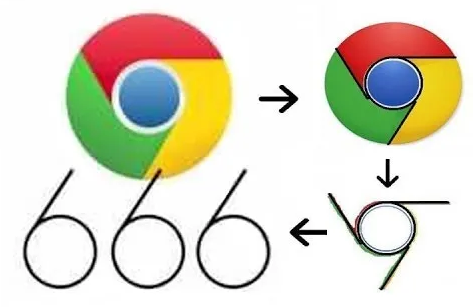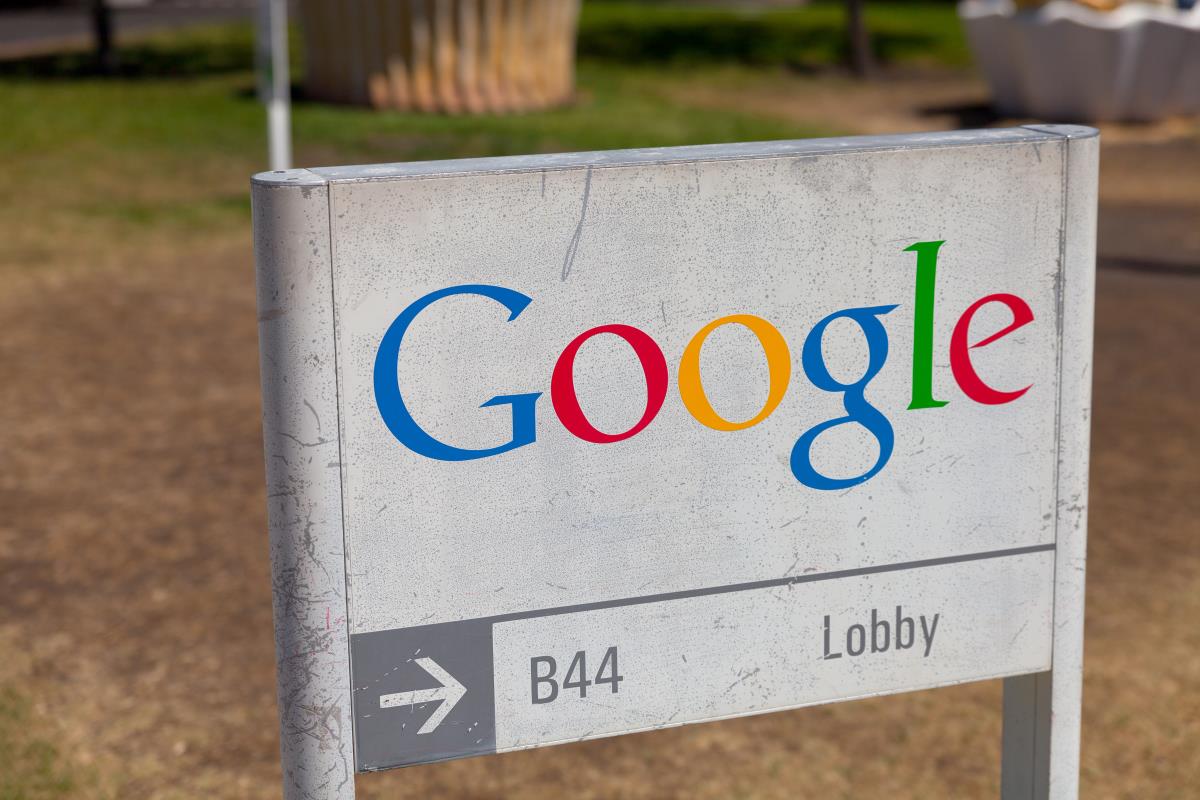New EU legislation threatens to break up Big Tech
12/29/2020 / By Franz Walker

In the first overhaul of its rules for internet businesses in two decades, the European Union is threatening to break up companies that repeatedly engage in anti-competitive behavior, raising the stakes in its efforts to curb Big Tech.
The European Commission, the EU’s executive arm, presented on Tuesday, Dec. 15, two new pieces of legislation that will affect how these tech giants operate. These come following concerns in the region about how powerful some of these companies have become and how this has posed as a roadblock for smaller firms looking to compete in the European market.
New laws threaten fines, divestitures on Big Tech
Under the first of the two new pieces of legislation, called the Digital Markets Act, technology companies that break competition rules could face fines of up to 10 percent of their global revenues. In addition, Brussels also warned that the EU would move to break up any technology company that is fined three times within five years.
In regards to the new legislation, Margrethe Vestager, the European Commissioner for Competition, said the EU would not hesitate to “impose structural remedies, divestitures” on offending companies.
That said, an EU official who did not want to be named due to the sensitivity of the issue, told CNBC that breaking up businesses would only happen “if no other remedy is available.”
The other new piece of legislation that the commission is introducing is called the Digital Services Act. This is designed to address illegal and harmful content by asking platforms to rapidly take it down. It will also impose fines for companies that do not follow these rules.
According to Vestager, the two proposals would ultimately serve a dual purpose: “To make sure that we, as users, have access to a wide choice of safe products and services online. And that businesses operating in Europe can freely and fairly compete online just as they do offline.”
The two new pieces of legislation will have to be approved by European governments and lawmakers. Verstager said that she hopes that the new rules will be adopted “as fast as possible,” but this could take up to two years.
EU has been pushing tech regulations, but some fear its not enough
The EU has been at the forefront of tech regulations, with the bloc establishing new data privacy laws in 2018. But the prospect of breaking up a U.S. tech giant could be a daunting prospect. (Related: In major privacy victory, top EU court rules against mass surveillance.)
“I don’t believe the EU would risk breaking down [the alliance with the US] by threatening to break up American icons,” said Thomas Vinja, a partner at the law firm Clifford Chance.
The EU’s previous on tech regulation has raised some concerns in the U.S., but Vestager believes this time is different, saying that the latest step is part of a “global conversation about how to balance things.” She added that there were “no surprises” in the new regulations for her U.S. counterparts.
But some lawmakers feel that the rules are not enough.
“The commission’s plans are good, but not good enough to curb the monopoly power of tech giants,” said Paul Tang, a Dutch Member of the European Parliament who will be taking part in the discussion of the new rules next year.
“Instead, the commission should take direct aim and at least dismantle the perverse business model of these tech giants: monetizing personal data via advertising,” he added.
Other lawmakers fear that Big Tech will attempt to water down the new rules when they come under discussion.
“I expect platforms to try to divide the EP around fake and simple debates such as being pro versus anti-freedom of speech or pro and versus anti-innovation,” said French MEP Stéphanie Yon-Courtin.
Follow TechGiants.news for more on the efforts to curb the powers of these tech companies.
Sources include:
Submit a correction >>
Tagged Under:
antitrust, Big Tech, EU, European Union, Facebook, Google, legislation, monopoly, tech giants, Twitter
This article may contain statements that reflect the opinion of the author
RECENT NEWS & ARTICLES
COPYRIGHT © 2018 EVILGOOGLE.NEWS
All content posted on this site is protected under Free Speech. EvilGoogle.news is not responsible for content written by contributing authors. The information on this site is provided for educational and entertainment purposes only. It is not intended as a substitute for professional advice of any kind. EvilGoogle.news assumes no responsibility for the use or misuse of this material. All trademarks, registered trademarks and service marks mentioned on this site are the property of their respective owners.



















